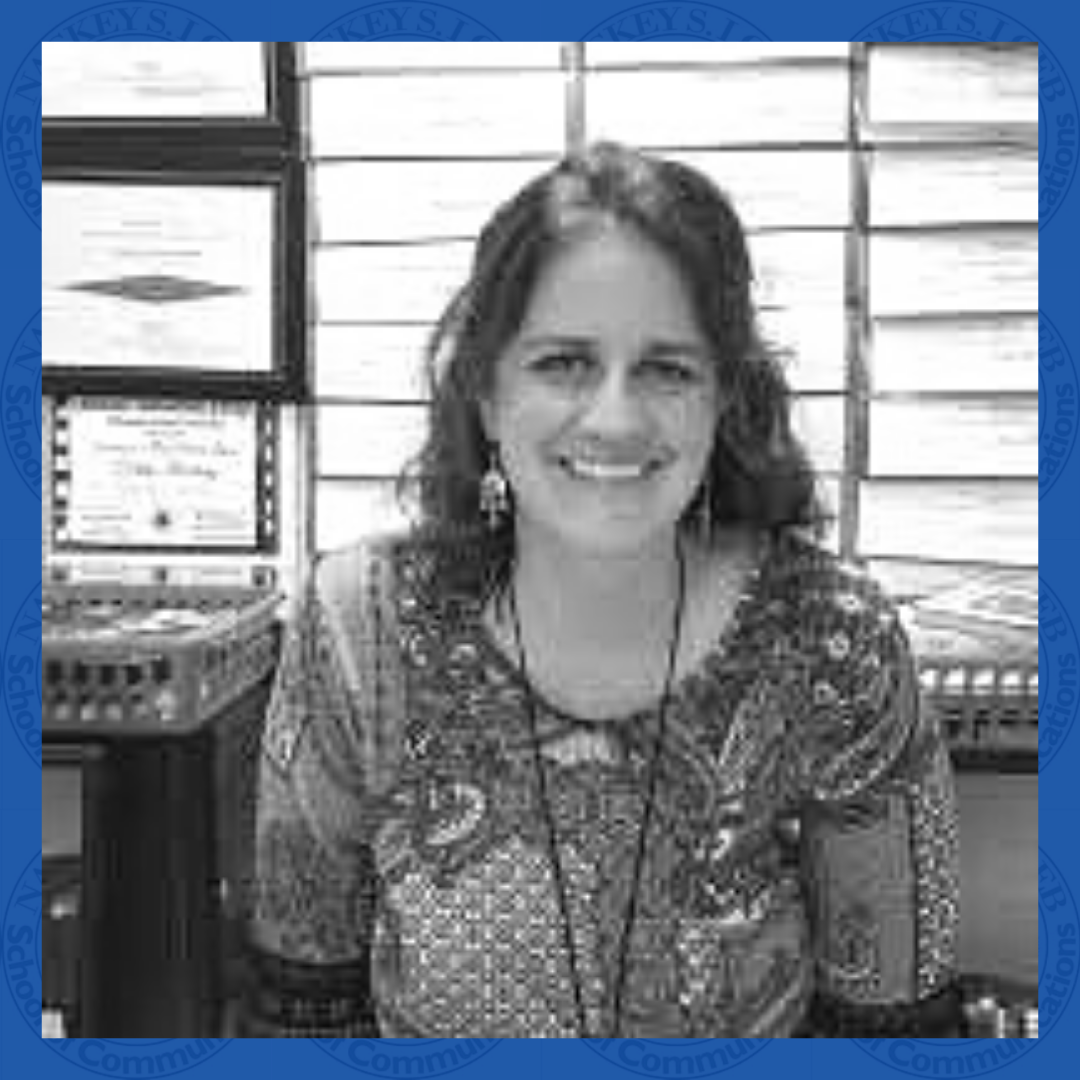What Does the First Amendment Mean to Me? A NH Educator’s Perspective
By Mary DeWinkeleer, Nackey S Loeb School First Amendment Award Honoree from 2008
I studied literature, not journalism, in college.
Throughout most of my life, I have been obsessed with writing poetry and reading short stories and novels. So it’s only natural I became an English teacher.
It never occurred to me to want to teach journalism. Yet, in 2004 when I was offered a job at Londonderry High School (LHS) in Londonderry, N.H., to run the journalism program, I thought, I can do this. How hard could it be? Writing is writing, right?
Um, no. I clearly had no idea what I had gotten myself into.
That first year being a journalism teacher was shockingly difficult—harder than anything I had ever done before. At the end of the year I almost told my administrators I wanted out.
But I decided to give it one more year.
It has now been 16 years since I’ve been the journalism teacher and adviser of the LHS student news publication The Lancer Spirit. Yet I wouldn’t say it’s become any easier.
Sure, I’m no longer wondering what the heck a “lede” or a “graf” is, but I DO sometimes forget what my husband looks like as I oversee the production of both the online and print versions of our publication.
I wouldn’t trade one single moment with my journalism students though. Being their teacher has been one of the most delightfully challenging and most rewarding parts of my life.
My job is to teach kids how to write so people will listen to them. To help them realize they can be a voice for those in our school who may feel they cannot speak. To support them as they produce not just a “PR rag” for the school, but rather a publication filled with topics important to our teenage audience. To make sure they know what they have to say is important.
When I was awarded the Nackey Loeb First Amendment Award in 2008, I was incredibly honored. Finding out it was one of my students who nominated me, reinforced to me how important it has been for my students to have a place to speak up and be heard.
It hasn’t always been easy being the adviser when students want to write an article that criticizes a school policy or that covers an issue like vaping or mental health or addiction. They’re kids, so they like to push boundaries and often have no fear.
But, I tell them, having “First Amendment rights” doesn’t mean they can publish whatever they want with no consequences. They have to do the work. Ask the tough questions. Interview those in power. Talk to the people they are criticizing. Write and rewrite and rewrite again. (And please check their AP Stylebook!)
And even after all that? There still may be consequences. A teacher or administrator may not like what they wrote. Another student may call them out during class. They may get “beat up” on social media. They may come crying to me because it’s just too much.
When this happens (and it always happens), I remind my students that even though it’s tough to speak out when nobody else can or nobody else wants to, it’s necessary. That they are the lucky ones. For them, the First Amendment isn’t just something they read about in their A.P. Government class. They get to live it, breathe it, do it with every interview they conduct and every story they write.
I tell them, of course it’s not easy. Speaking the truth never is.

